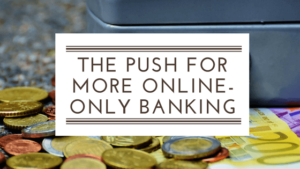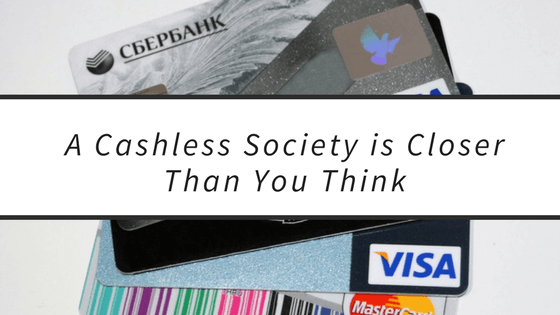
While it is a fact that some people will always prefer a brick and mortar service to manage their banking needs, it is also true that more and more people are choosing online banking as a more viable alternative. For many, the benefits of online banking result in customers being split between banking with institutions that offer online banking along with brick and mortar services but also turning to banks that operate entirely without a physical location. If you are unsure about whether the benefits of online-only banks can outweigh those of traditional banks, let me give you some facts, and you can decide.
Convenience
The most straightforward reason for the popularity of online banking is ease of use. Online banking affords the user the ability to bank wherever there is an internet connection. A customer’s phone, laptop, or tablet can instantly become the portal that connects them to their bank. With online banking, there is no need for a commute, and there are no lines to brave in wait of a teller. Also, internet banks are not restricted to banking hours. With the use of personal devices, the internet banking customer can virtually enter their bank 24 hours a day, seven days a week.
Better Account Rates
Internet banks have much lower operating costs than conventional banks. Many times these savings are passed on to customers in the form of more favorable account rates. For the most part, banking customers receive higher rates of return on savings and checking accounts, money market accounts, and certificates of deposit. This interest can cause accounts to grow exponentially, which means better long-term gains for customers.
Better Loan Rates
The savings enjoyed by internet banking customers does not end at savings account rates. Loan interest rates are also affected. Those who utilize online banks tend to get better interest rates for mortgages, mortgage refinances, auto loans, and loans for personal use. This can dramatically reduce the amount of interest these customers must pay back over the lifetime of the loan.
Relief From Fees
Disgruntled bank customers have lamented for many years about the cost of fees associated with brick and mortar banks. These fees are numerous and, despite numerous customer complaints, have only seemed to increase. Traditional banks regularly increase ATM fees, overdraft fees, monthly maintenance fees, and other fees, which make it more and more expensive for a customer to spend their own money. Internet banks have much fewer charges associated with their usage, and some do not charge their customers at all. In fact, some online-only banks will pay you back for any ATM surcharges you accrue by using their competition’s ATMs.
Customers looking to switch to an online bank should be careful to appraise the security of these banks identically as they would with a traditional bank. This means any bank considered must be insured at the very least. Insurance is essential for a bank to have, because it allows for customers to receive all of their money in the event of a drastic situation, such as a bank robbery or bankruptcy.
While it is clear that brick and mortar banks are in no danger of becoming extinct within the next decade, it is clear is that online banking will only become more popular as time progresses. Banks with no physical address will become more prevalent because of the perks they offer, while physical banks will struggle to keep up.

